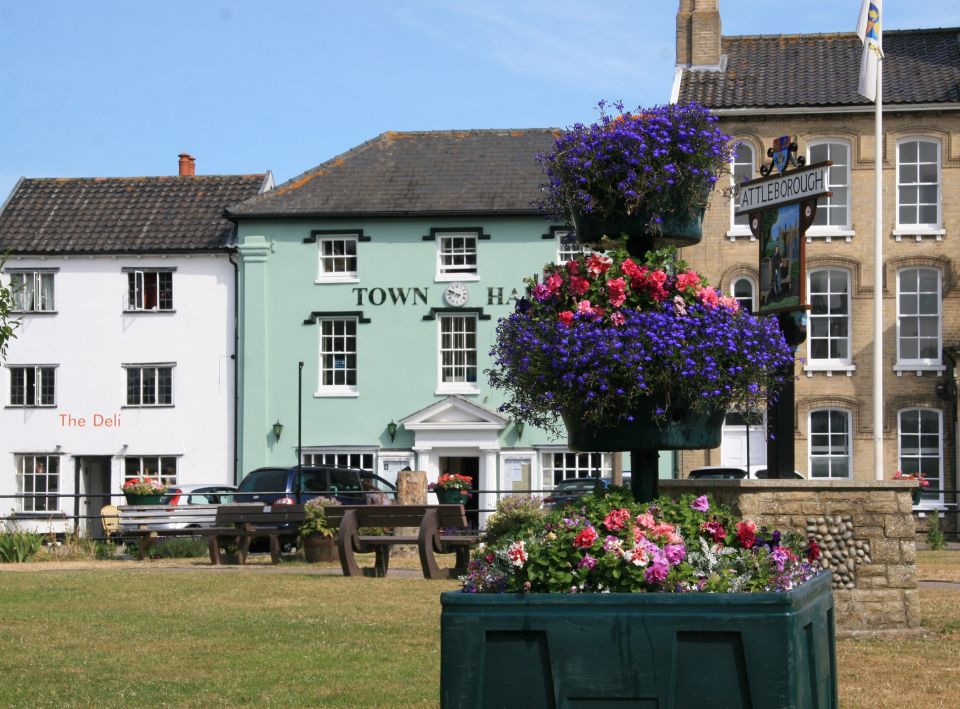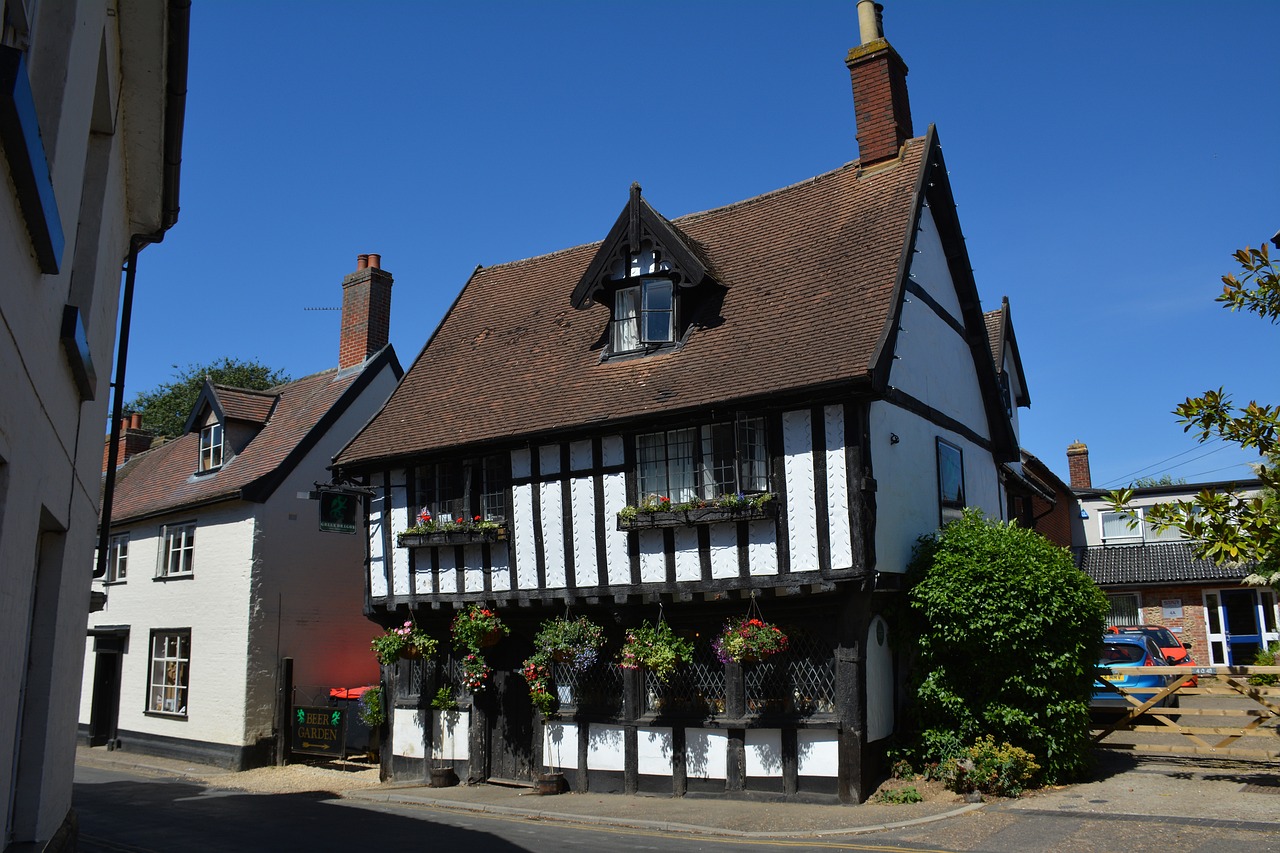Attleborough’s Deep History Revealed
4 years ago we opened our second Estate Agent in Attleborough. We have developed a close relationship with Attleborough over the years. We have lots of good friends living in and around the town and we love to be able to help the people who live here.
What people may not know about Attleborough is the rich history it has which makes the town an even more attractive place to call home. Here’s an overview of the history:
Attleborough is a historic market town located in the county of Norfolk, England. Its history is rich and varied, stretching back over centuries.
Early Settlement: The area around Attleborough has been inhabited since ancient times. Archaeological evidence suggests human activity in the region during the prehistoric and Roman periods.
Medieval Period: Attleborough’s history as a settlement can be traced back to the medieval period. The town’s name is believed to have Anglo-Saxon origins, possibly meaning “fortified place” or “fortified settlement”. By the time of the Norman Conquest in 1066, Attleborough was already an established settlement.
Market Town: Attleborough became a market town in the medieval period, with markets and fairs granted by royal charter. These markets played a vital role in the local economy, attracting traders and merchants from surrounding areas.
Religious Institutions: Like many medieval towns, Attleborough had its share of religious institutions. St. Mary’s Church, which dates back to the 14th century, is a prominent landmark in the town. Additionally, there were monastic establishments in the vicinity, such as Attleborough Priory, although little remains of these structures today.
Civil War: Attleborough, like much of England, was affected by the English Civil War in the 17th century. While the town itself did not witness significant military action, it experienced the social and economic disruptions typical of the period.
Industrial Revolution: The Industrial Revolution brought changes to Attleborough, as it did to many rural towns. While Attleborough remained primarily agrarian, the expansion of the railway network in the 19th century brought new opportunities for trade and transportation.
Modern Era: In the modern era, Attleborough has continued to grow and develop as a residential and commercial centre. Its proximity to larger towns and cities, such as Norwich and Thetford, has contributed to its attractiveness as a place to live and work.
Community and Culture: Attleborough maintains a strong sense of community, with various local events and activities bringing residents together. The town also boasts a rich cultural heritage, with historical buildings and landmarks contributing to its character.
Overall, Attleborough’s history reflects the broader trends of English rural towns, with a mix of agricultural, commercial, and social developments shaping its identity over the centuries. Today, it remains a vibrant and thriving community in the heart of Norfolk.




